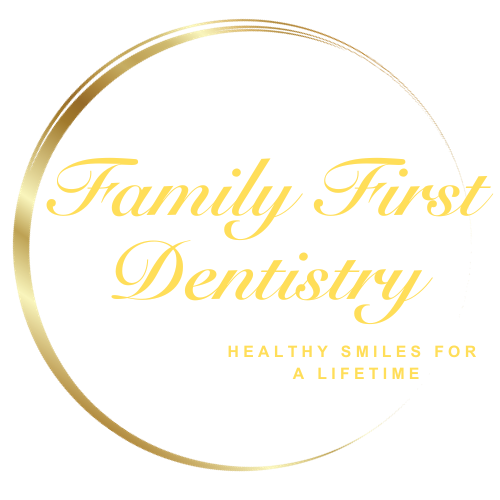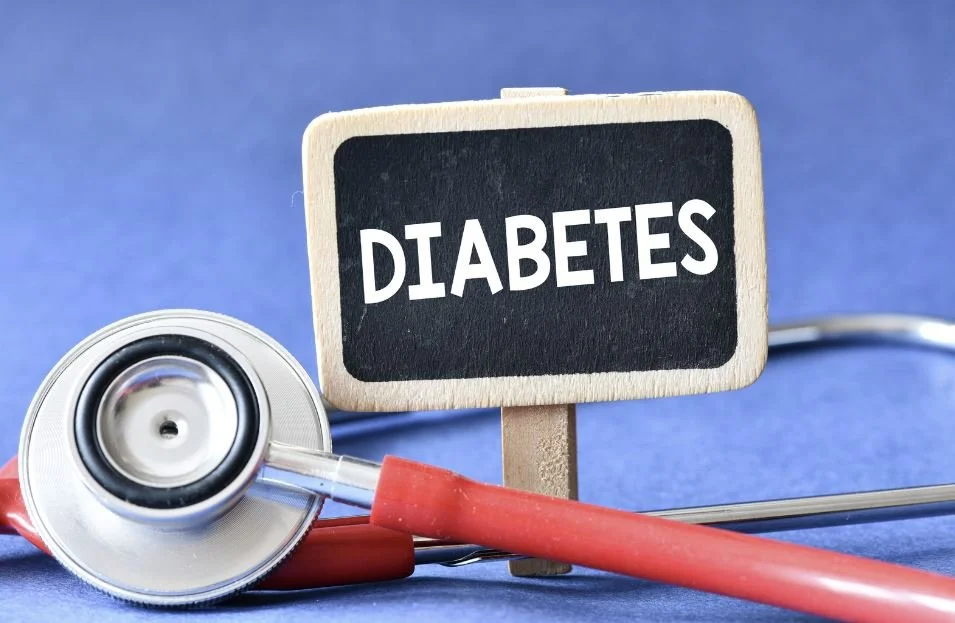Gargling Can Help Improve Diabetics’ Blood Sugar Control
Researchers have found that gargling with an antiseptic mouthwash can reduce so-called 'bad' bacteria in the mouths of patients with Type 2 diabetes. Notably, this reduction in bacteria was accompanied by improved blood-sugar control in some patients. Given that the oral diseases caused by these bacteria have been linked to many other serious inflammation-associated diseases, such as cardiovascular disease and Alzheimer's disease, this simple treatment may have widespread effects.
More than bad breath, there is growing evidence that ongoing inflammation in the mouth, like with gum disease, is associated with serious diseases such as Alzheimer's disease or type 2 diabetes. Now, researchers from Osaka University have identified an easy way to fight bacteria that might cause such problems.
In a study published in Scientific Reports, the researchers reported that when people with Type 2 diabetes gargled with an antiseptic mouthwash, the numbers of periodontitis-related bacteria decreased.
Excitingly, some patients with reduced bacteria also achieved much better control of their blood sugar, hinting at promising future clinical applications.
"There are three highly virulent bacterial species that are linked to periodontitis, or diseases of the tissues surrounding the teeth," explains lead author of the study Saaya Matayoshi.
"We decided to see if we could reduce these three species -- Porphyromonas gingivalis, Treponema denticola, and Tannerella forsythia -- in patients with Type 2 diabetes using a mouthwash containing the antiseptic chlorhexidine gluconate."
To do this, the researchers took monthly or bimonthly saliva and blood samples from 173 patients over an entire year.
With the saliva, the researchers noted the presence or absence of the three bacterial species, and with the blood samples, they measured HbA1c levels as a marker of blood-sugar control.
Importantly, for the first 6 months of the study, the patients gargled with water, whereas for the second 6 months they gargled with the antiseptic mouthwash.
In this way, the research team could see whether gargling itself was effective for reducing bacteria, or whether mouthwash was more effective.
"We were unsurprised to see that gargling with water had no effects on bacterial species or HbA1c levels," explains Kazuhiko Nakano, senior author of the study.
"However, there was an overall reduction in bacterial species when the patients switched to mouthwash, as long as they were gargling at least twice a day." See original article in Science Daily.


